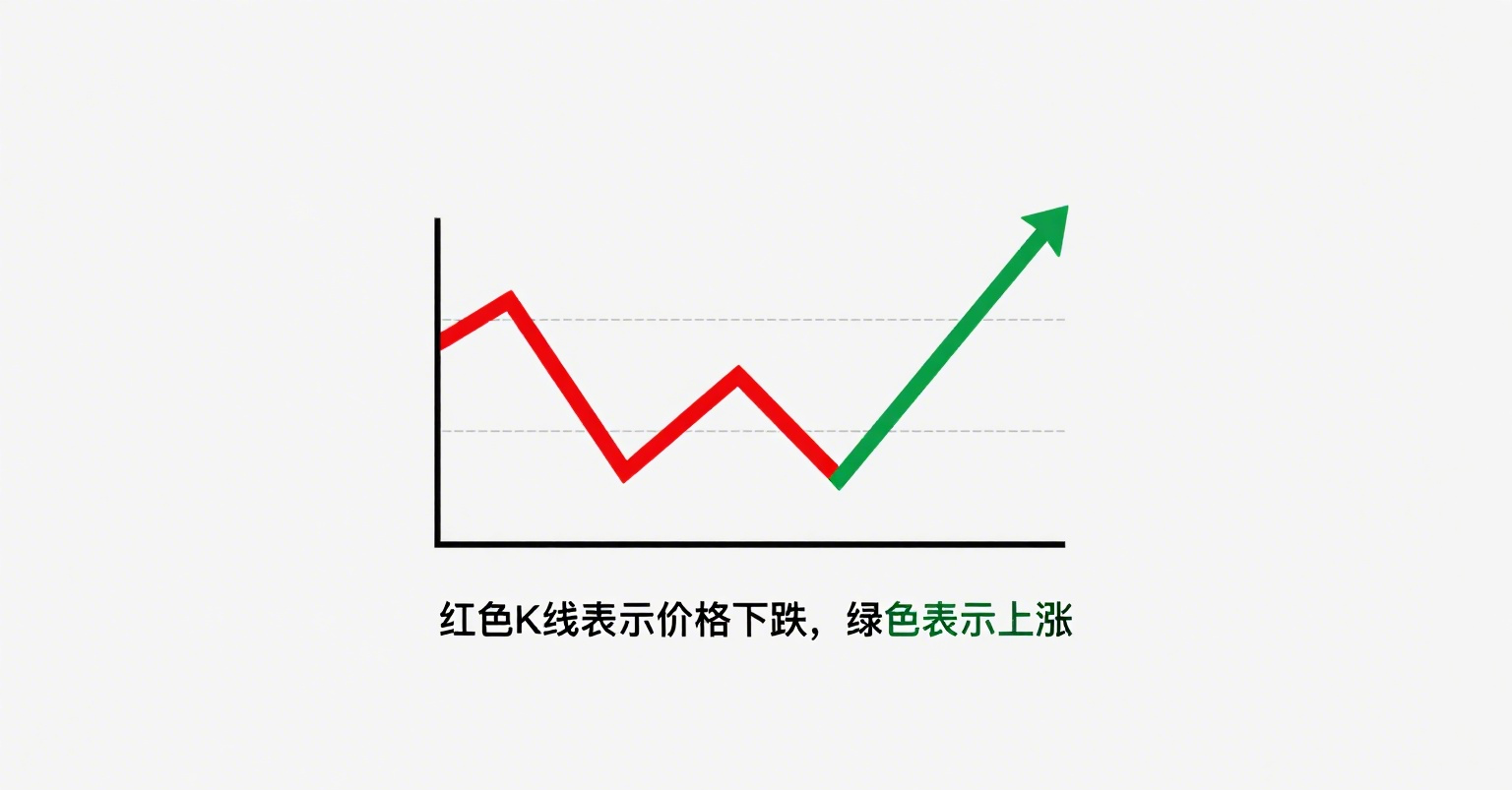
"The Next U.S. Crisis Will Be the Worst in My Lifetime"
Jim Rogers expressed deep concern about U.S. debt issues, stating, "Most people turn a blind eye to America's debt problem, which will lead to severe consequences."
Addressing the view that most U.S. debt is denominated in dollars and thus has limited default risk, Rogers argued that America may not always remain the global leader. Once its leadership declines, concerns about its debt will come to the forefront. He noted that people once believed Britain's dominance would never fade, so its debt was seen as safe—but history proved them wrong.
According to the independent think tank OMFIF, Britain faced a debt crisis in 1976. The UK government struggled with massive fiscal deficits and rising public debt. By autumn 1976, domestic institutional investors—the primary buyers of UK government bonds—began a "buyer's strike," leaving the government with exhausted credit.
"If you have debt, you must repay it. That's the rule of history," Rogers emphasized.
He criticized Washington's complacent attitude, where policymakers assume America's wealth and power make its debt irrelevant—a dangerous misconception.
Currently, Rogers is pessimistic about U.S. stocks. "Since 2009, U.S. markets have remained strong, enjoying the longest bull run in history. Washington claims 'this time is different,' that the boom will last forever. But the next U.S. economic crisis will be the worst I’ve seen. An extraordinary boom will be followed by an extraordinary bust." He added that the Fed’s prolonged money-printing and near-zero interest rates are unsustainable. "When everyone is euphoric, it’s usually time to worry."
Rogers explained why he still holds dollars: during crises, people flock to perceived safe havens. Though he disagrees that the dollar is truly safe, many believe so—and he plans to sell his dollars when that demand peaks.
















